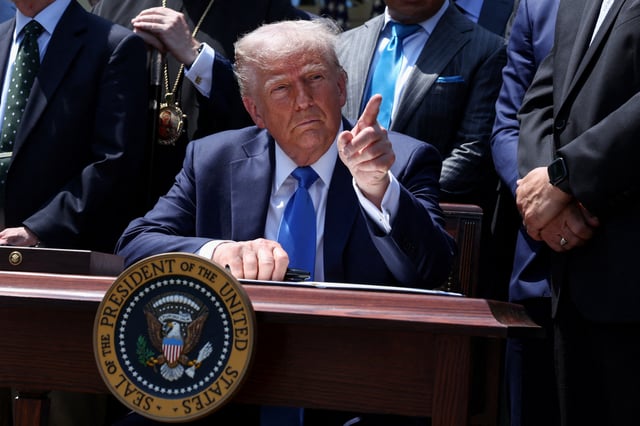Overview
- The White House's 'skinny budget' outlines $163 billion in cuts to nondefense discretionary programs, reducing spending to its lowest level since 2017.
- Proposed increases include a 13% boost in defense spending and nearly 65% more funding for homeland security, focusing on border security and immigration enforcement.
- Key cuts target the National Science Foundation, IRS, USAID, and public health agencies, with significant reductions in education, housing, and climate programs.
- The budget serves as a political blueprint and is unlikely to pass in full, as Congress debates its provisions and legal challenges over executive budgetary authority continue.
- Senator Susan Collins and other lawmakers have raised objections, citing concerns over timing, substance, and the impact on low-income Americans.



